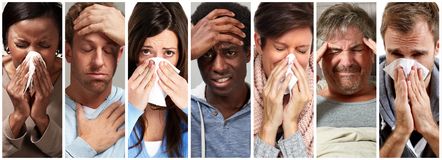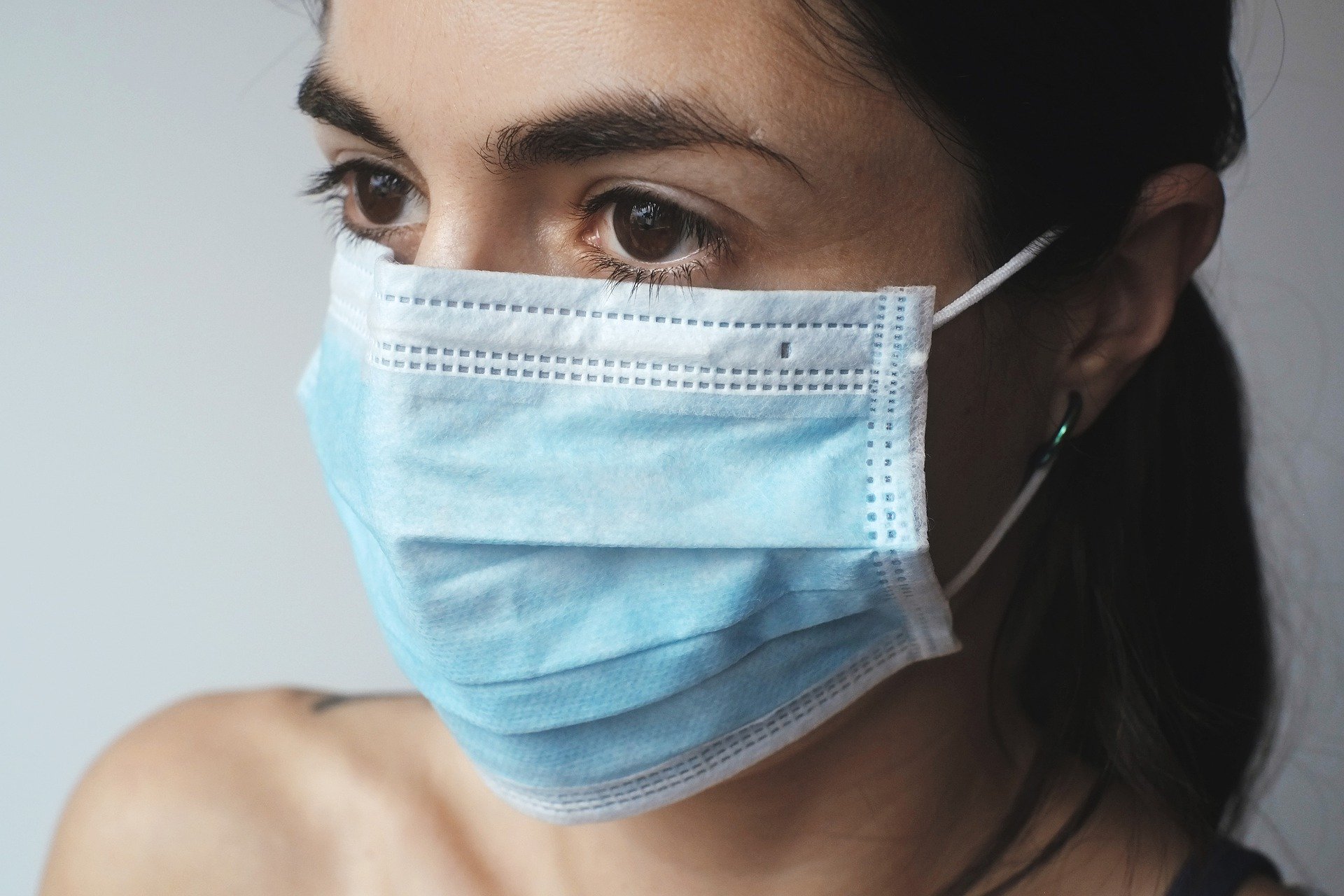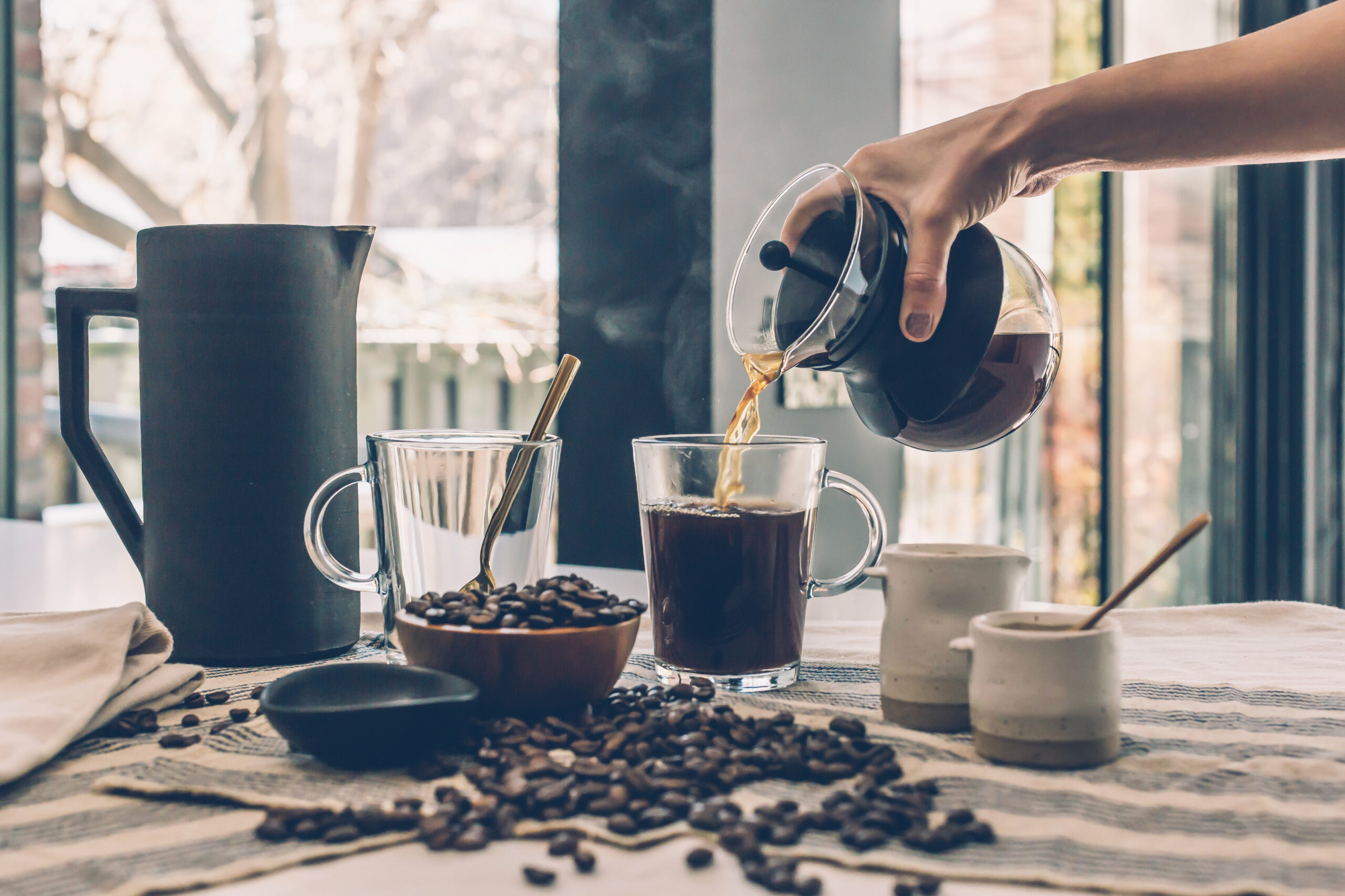Does it feel like we live through the same story every year?As soon as the leaves turn gold, you start feeling under the weather. It starts with a sniffle, then the sneezing turns into a cough and your body is fighting yet another infection? Make it stop, today.
Great news! There are actually effective ways not to get sick. It all starts with tuning your lifestyle a bit to include some much needed prevention. When it comes to immunity, the most important thing to remember is not only what to do, but also what not to do. A variety of activities can effectively reduce your immunity and make you susceptible to pathogenic bacteria or viruses.
So, let’s start with a few tips on what to avoid.
#1 An Unhealthy diet
Wouldn’t it be wonderful if all that you needed to do is to take a magic immunity pill before the Holidays to enjoy good health from Thanksgiving to New Years Day? Unfortunately, that pill hasn’t been patented, yet. Those valuable vitamins and microelements important for the body are much better absorbed from food, and not from a holiday assortment of colorful blister wrapped supplements from your favorite Amazon wellness site.
While We’ve established that eating healthy is essential for staying healthy, in the autumn and winter months, fasting or slimming diets are not advised, but instead a high-calorie, fatty diet is. Sugar, for example, should be avoided because it becomes a nutrient for unfavorable intestinal flora when consumed in excess. As a result, yeast and fungi proliferate in the large intestine, and the immune system of the body deteriorates.
Stimulants also „work” on deteriorating our immune systems. Cigarettes irritate the mucous membranes of the throat and nose, making them more vulnerable to bacterial and viral infection. Alcohol, on the other hand, destroys immune cells and depletes vitamins.
#2 Stress
Yes, we all know how difficult it is to avoid stress in today’s world, but systematically lowering it is critical for maintaining not only mental health, but also immunity. Cortisol „the stress hormone” systematically deteriorates our immune cells known as T lymphocytes.
To counter this devastating effect, especially during the holidays, not only do we need to consider supplementing magnesium but also finding a good way to wind down and relax, like sports, maybe a long evening baths, or a hobby that we enjoy.
#3 Sleep Deprivation
Did you know that an adult should get at least 7 hours of sleep per day? Inadequate sleep, which does not provide rest and regeneration, also contributes to a decrease in immunity. Why? The answer and key is Melatonin, a hormone that is produced while we sleep. What’s more is that we are more susceptible to disease if we have too little of it.
#4 Improper hygiene
While we are all aware that we should wash our hands when we return home, do we always remember to do so? Consider this: while at work or commuting by public transportation, we frequently touch surfaces that are breeding grounds for germs. Touching our nose, mouth, or eyes with a less-than-sanitary hand creates a vector that introduces pathogenic bacteria or germs into the body.
Stop, stop whatever you are doing now and improve your health with a simple habit. Go wash your hands and do so often, especially after going to the bathroom, before eating, after coming home, or after blowing your nose. Make sure to use best practices like using soap and warm water for at least 15-30 seconds. When washing, do not forget to thoroughly scrub the space between the fingers or the top of the hand. A little lifestyle tuning here can go a long way!
#5 Over Exercising
Excessive or strenuous exercise can lower immunity while moderate-to-medium-intensity physical activity is beneficial. When we participate in a sport that exhausts our bodies, ie: , we do not allow for proper rest and recovery or ovretraining we impair our natural defense processes.
Additionally, if we are not properly conditioned, outdoor exercises have a negative impact on our immunity. We have fewer chances of fighting off inhaled microbes because of ischemia of the mucous membranes of the nose and throat (caused by hypothermia). So, if we spend the majority of the year indoors and do sports there, it is best not to begin intense jogging regimens or cycling on colder days.
#6 Anibiotic Overuse
Antibiotics are only effective against bacteria, not viruses. Antibiotic treatment can thus aid in the fight against bacterial disease, but it also disrupts the natural flora of the digestive tract, which is essential for good immunity. The worst part is when we get caught in a vicious circle: we take an antibiotic again for another disease, we lower our immunity again, and we get sick again and again.
So, what are your alternatives? Antibiotics should never be prescribed on your own. Leave these to the professionals and take them only when prescribed by a doctor and in accordance with their instructions. Even if you notice an immediate improvement, antibiotic treatment must continue.




